.jpg)

Stuart Appleby grew up on a dairy farm in Australia, hitting golf balls across paddocks after milking cows. Golf was just something he did because it felt right, a bit of calm before the next job on the farm.
He turned professional in 1992 and headed for the U.S. a few years later. Over time, he stacked up nine PGA Tour wins, including three straight at the Mercedes Championship and a 59 at the 2010 Greenbrier Classic that still gets talked about. He’s had the kind of career every young Australian golfer dreams about, though none of it came easily.
In 1998, his wife Renay died in a car accident in London. It changed everything. For a while, the game that had always made sense suddenly didn’t. He rebuilt piece by piece - through playing, through people, through time. The way he talks about life now carries the kind of perspective that only comes from getting completely flattened and finding a way to stand up again.
These days, he plays on the PGA Tour Champions and spends just as much time mentoring younger players as he does chasing birdies. He lives in Orlando with his wife Ashley and their four kids, still loves motor racing, and still gets up every morning with a sense of purpose.
Stuart’s story is about what happens when life knocks the structure out from under you, and the only option left is to build something from scratch. For him, that moment came in 1998, when his wife Renay died in a car accident. There’s no blueprint for that kind of loss.
He kept playing, mostly because stopping felt harder. The golf course became a place to think without having to talk, which is often the only kind of therapy people can manage when they’re in pieces. Over time, the repetition - the same walk, the same sounds - became its own form of healing. Slowly, he rebuilt something that looked like a life again.
The experience changed how he sees everything. He stopped seeing golf as proof of who he was and started treating it as something he gets to do. That kind of shift doesn’t show up in stats or scorecards, but you can hear it when he talks. The edge softens. The ego quiets down. He’s still competitive, still wants to win, but there’s a calm under it now that only comes from surviving what nearly breaks you.
Stuart’s story shows that resilience doesn’t always look like fighting your way back. Sometimes it’s learning to live with the scar, finding rhythm again, and realising that carrying on is its own kind of victory.
If parts of Stuart’s story connect with you, these might help:
Grief and Bereavement Support – Cruse offers free, confidential help for anyone coping with loss. Their helpline and local groups provide space to talk when everything feels heavy.
🔗 cruse.org.uk
Coping with Loss – Mind explains how grief can affect your body and mind, and offers practical ways to manage day to day.
🔗 mind.org.uk/information-support/guides-to-support-and-services/bereavement
Therapy and Support Options – NHS Talking Therapies lets you self-refer for free counselling or CBT anywhere in England.
🔗 nhs.uk/talking-therapies
Peer Connection – The Loss Foundation supports people through bereavement with small groups and events that help make the silence a bit less lonely.
🔗 thelossfoundation.org
If You’re Struggling Right Now (24/7) –
• UK: Call Samaritans on 116 123 or visit samaritans.org
• US: Dial 988 to reach the Suicide and Crisis Lifeline (988lifeline.org)
• Worldwide: Find verified helplines in your country at findahelpline.com


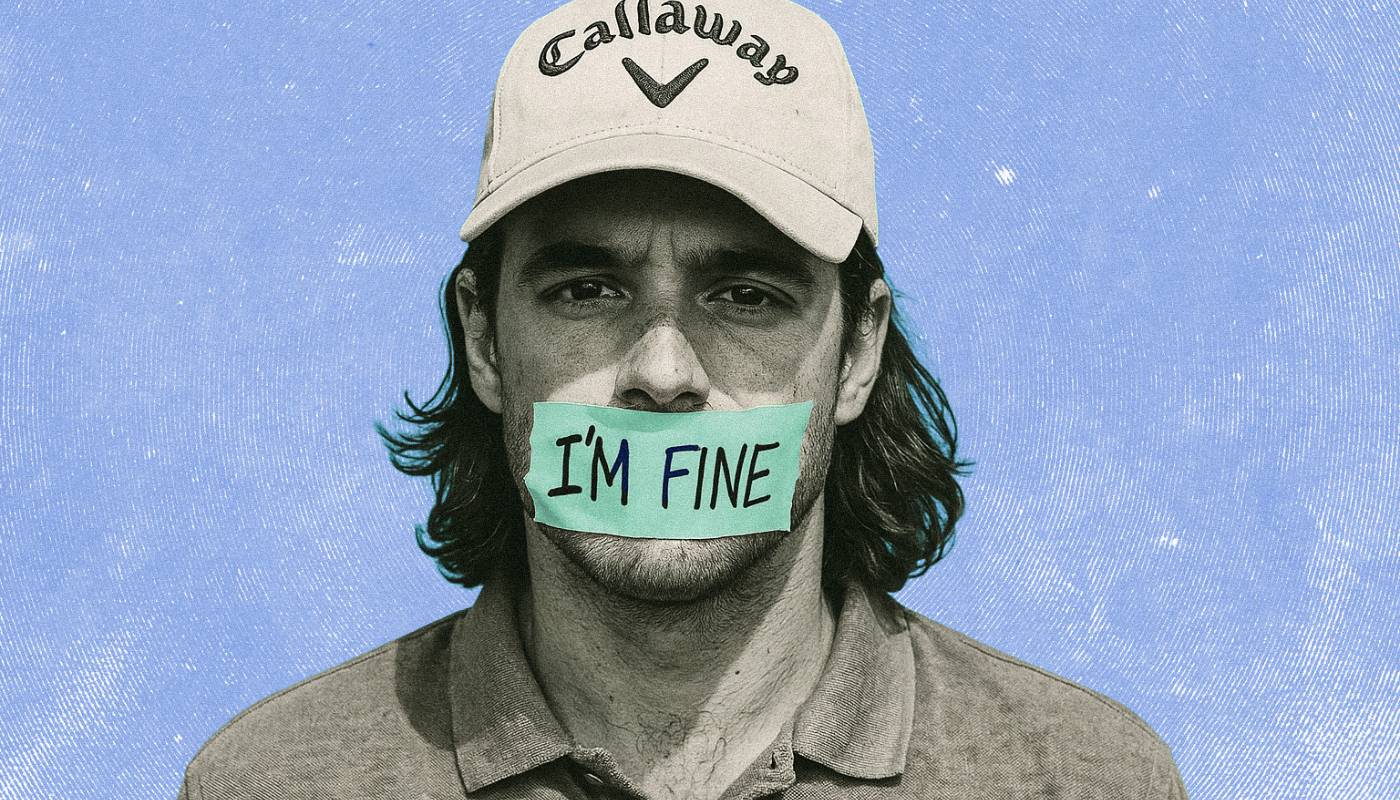

.jpg)
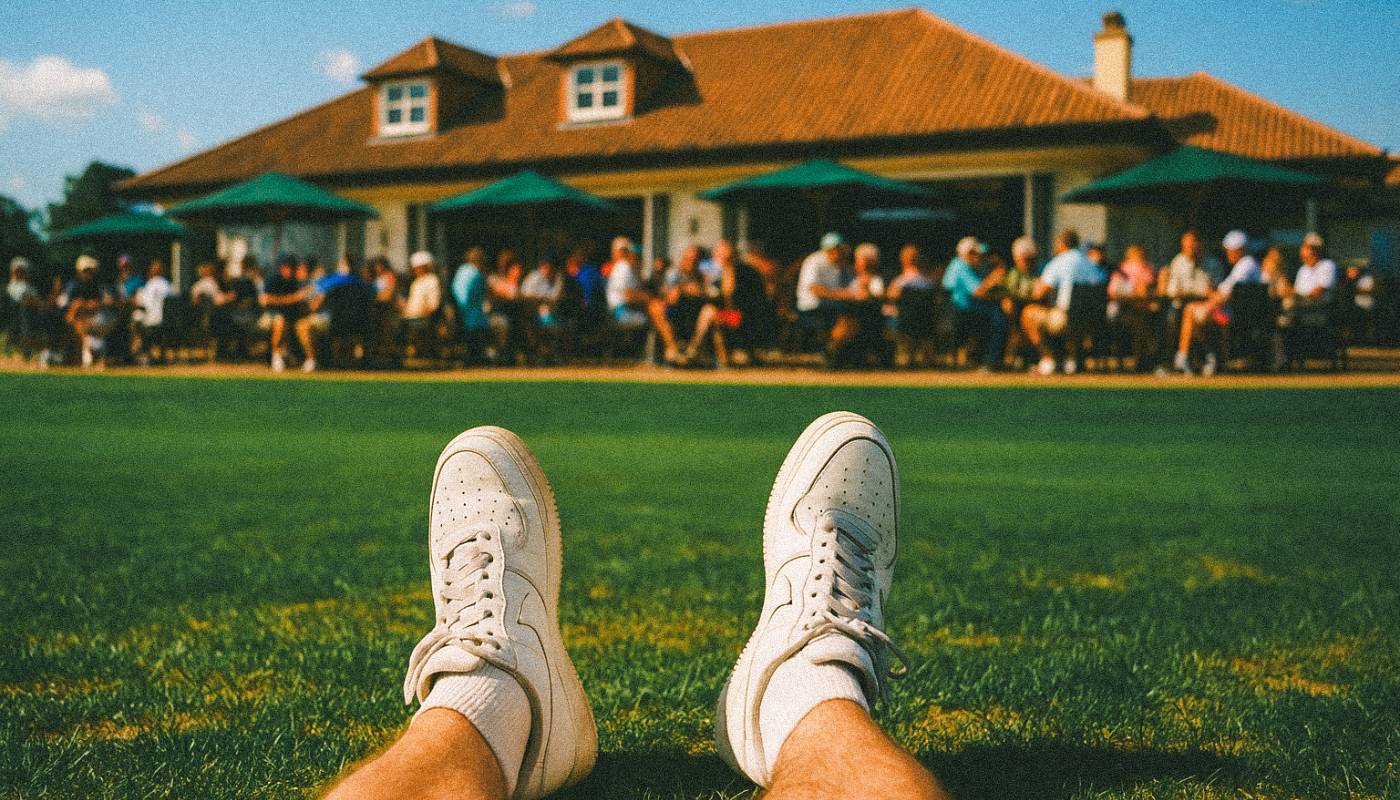

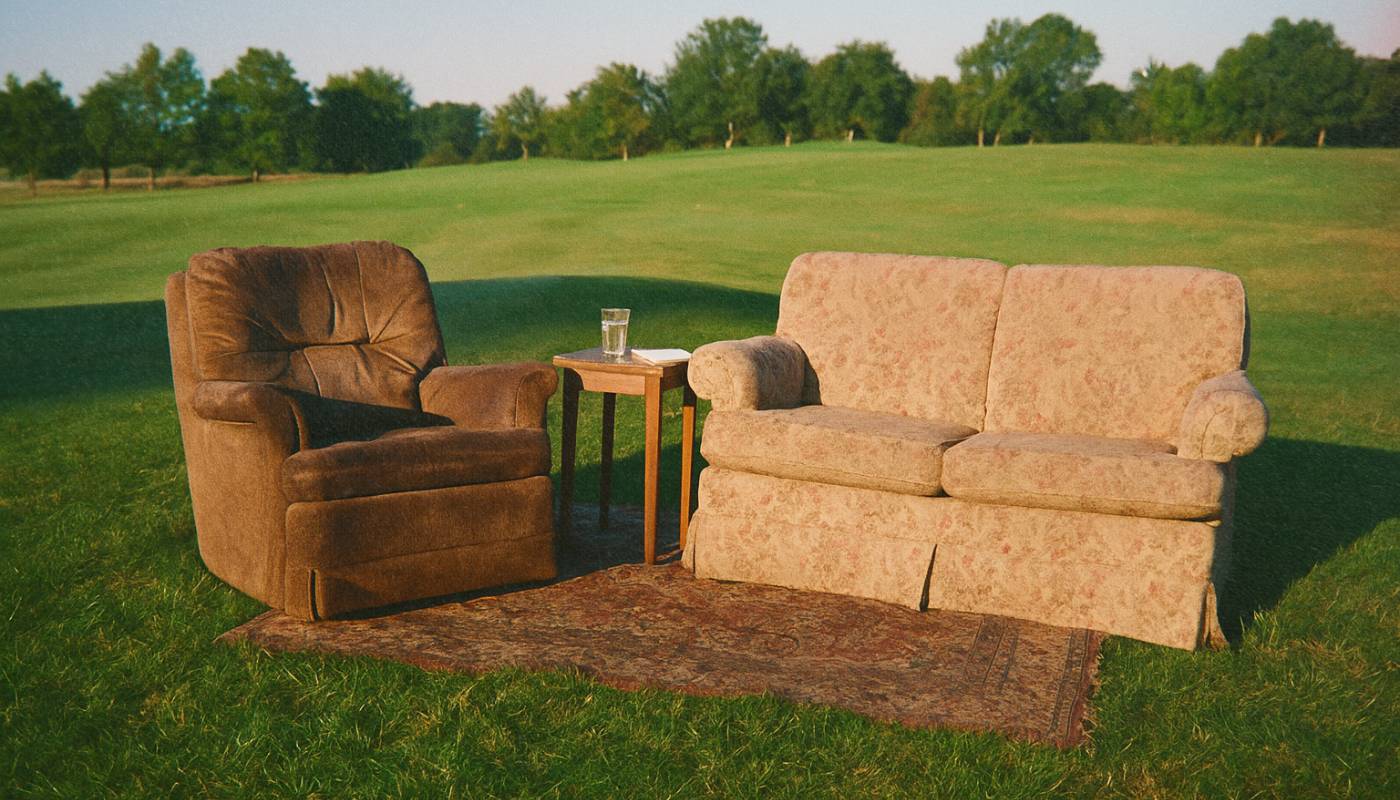
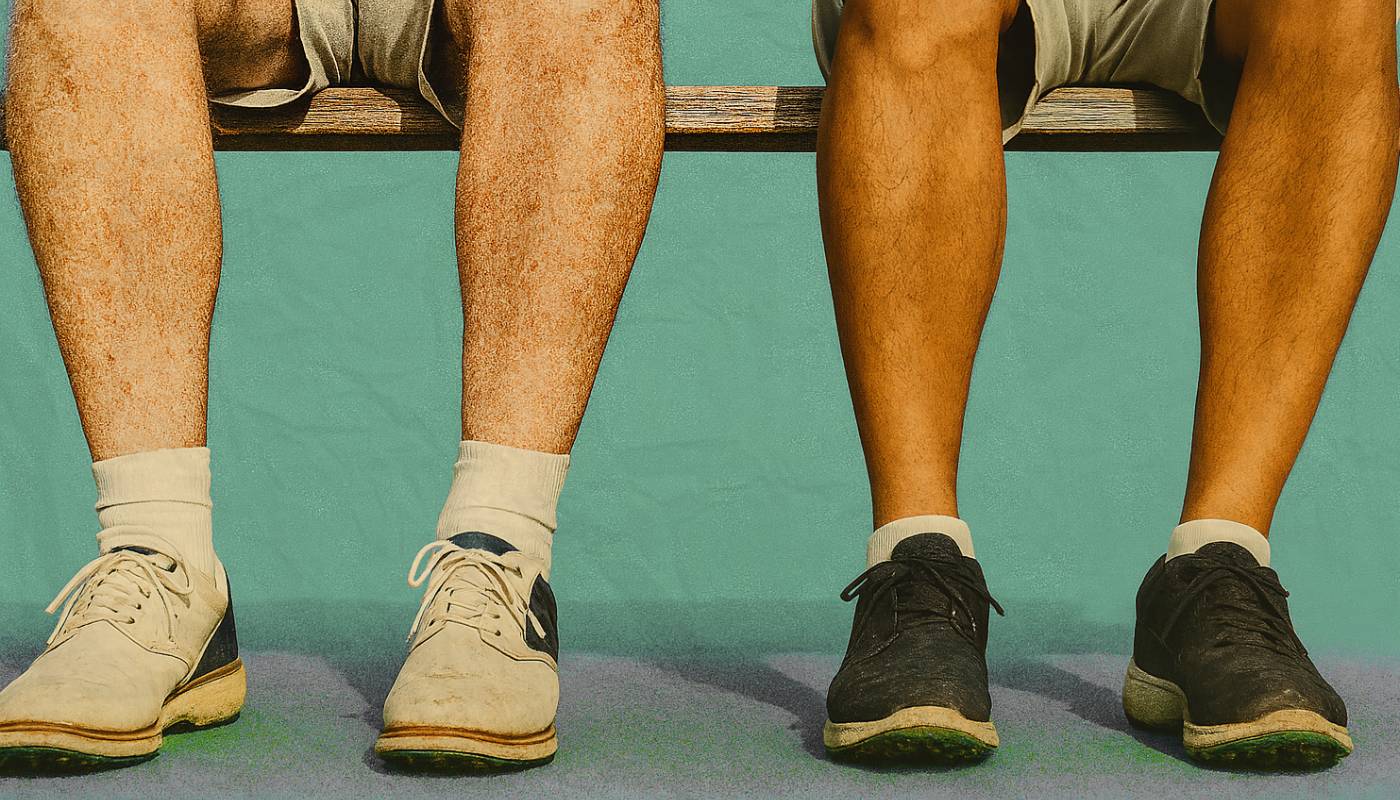
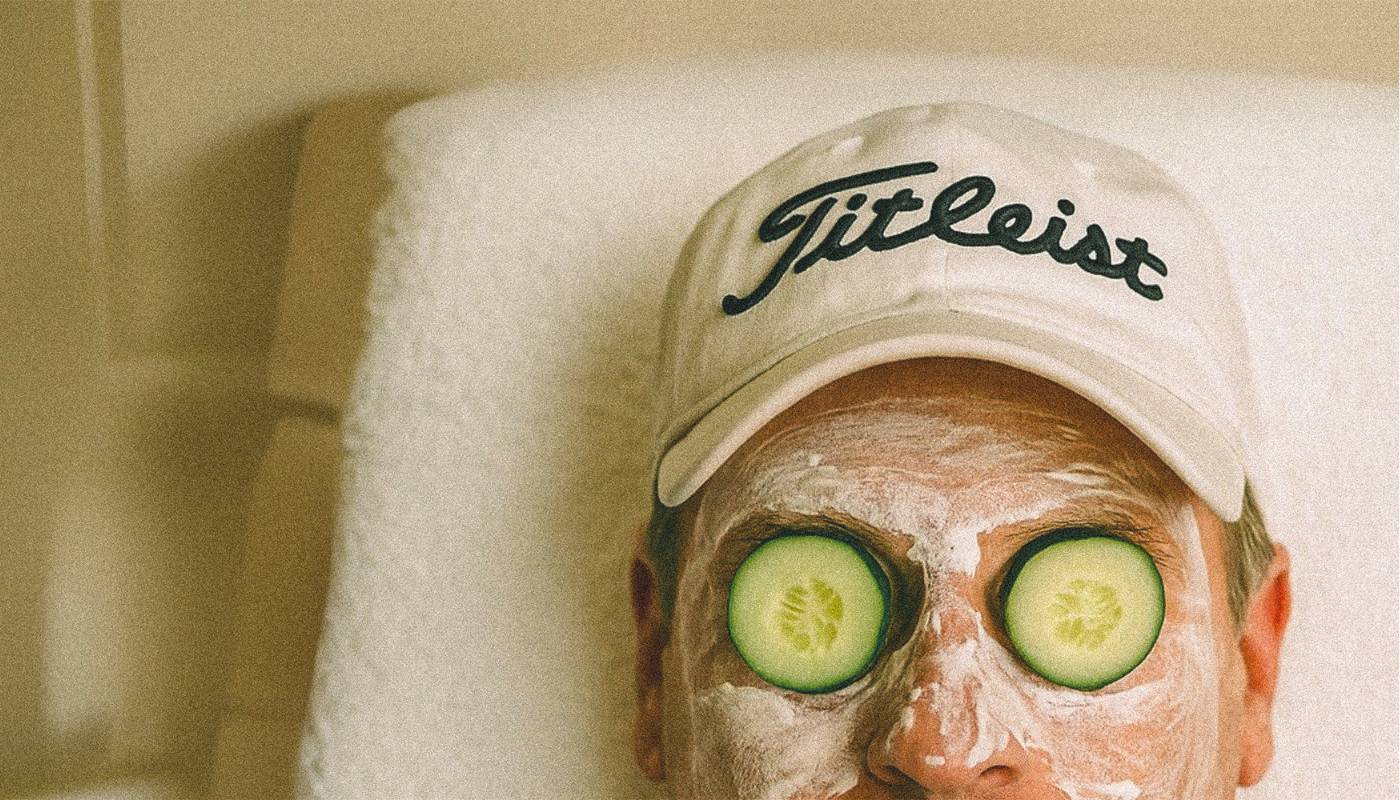
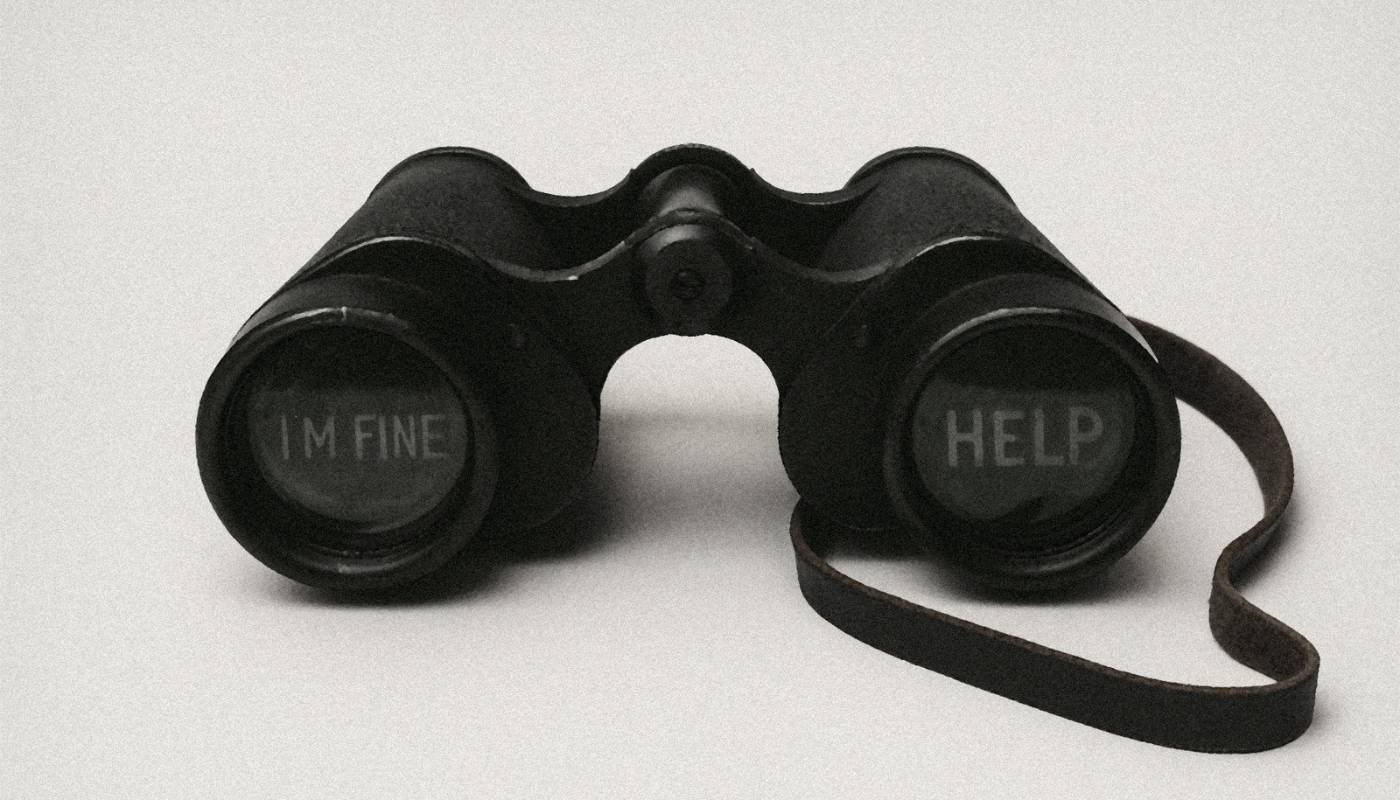

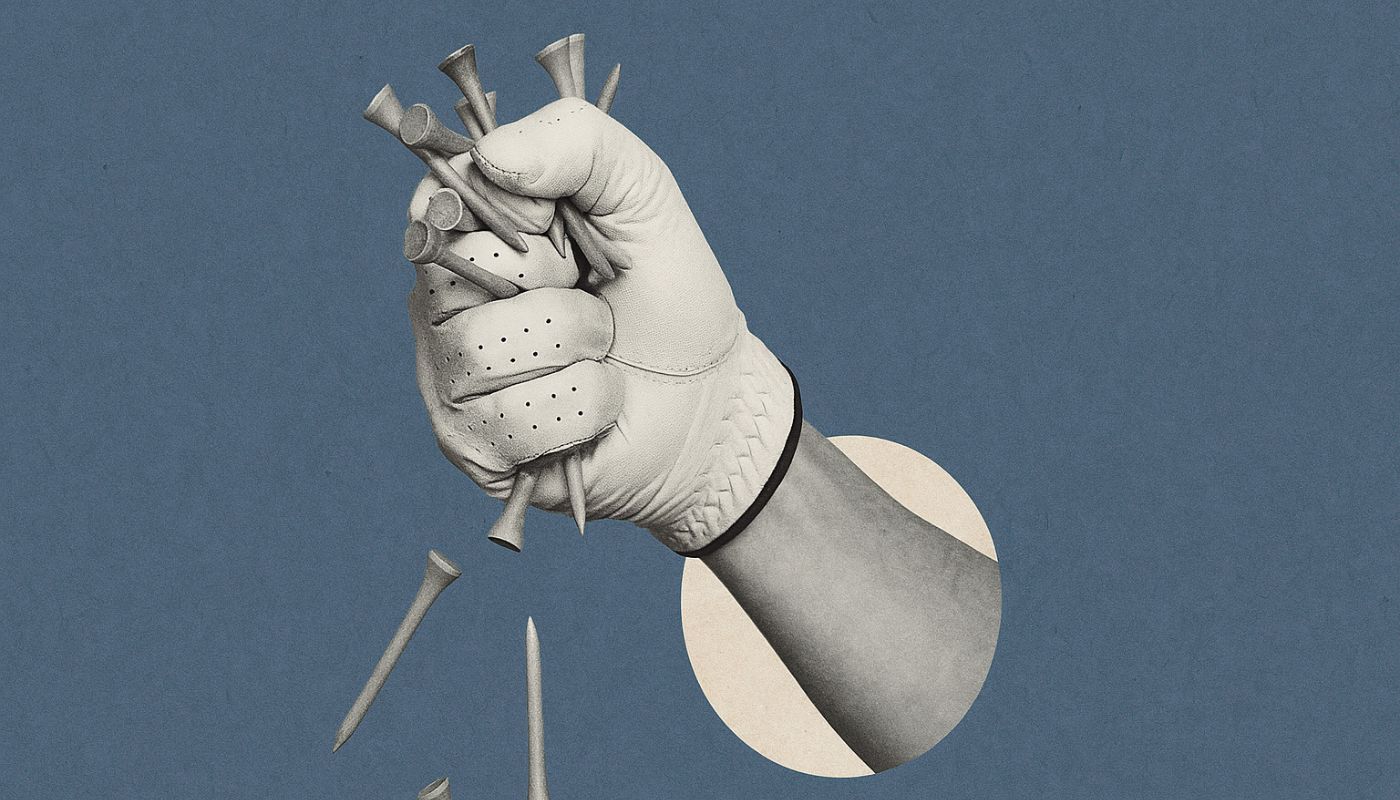
.avif)
.avif)
.avif)
.avif)
.avif)
.avif)
.avif)
.avif)
.avif)
.avif)
.avif)
.avif)
.avif)
.avif)
.avif)
.avif)
.avif)
.avif)
.avif)
.avif)
.avif)
.avif)
.avif)
.avif)
.avif)
.avif)
.avif)
.avif)
.avif)
.avif)
.avif)
.avif)
.avif)
.avif)
.avif)
.avif)
.avif)
.avif)
.avif)
.avif)
.avif)
.avif)
.avif)
.avif)
.avif)
.avif)
.avif)
.avif)
.avif)
.avif)
.avif)
.avif)
.avif)
.avif)
.avif)
.avif)
.avif)
.avif)
.avif)
.avif)
.avif)
.avif)
.avif)
.avif)
.avif)
.avif)
.avif)
.avif)
.avif)